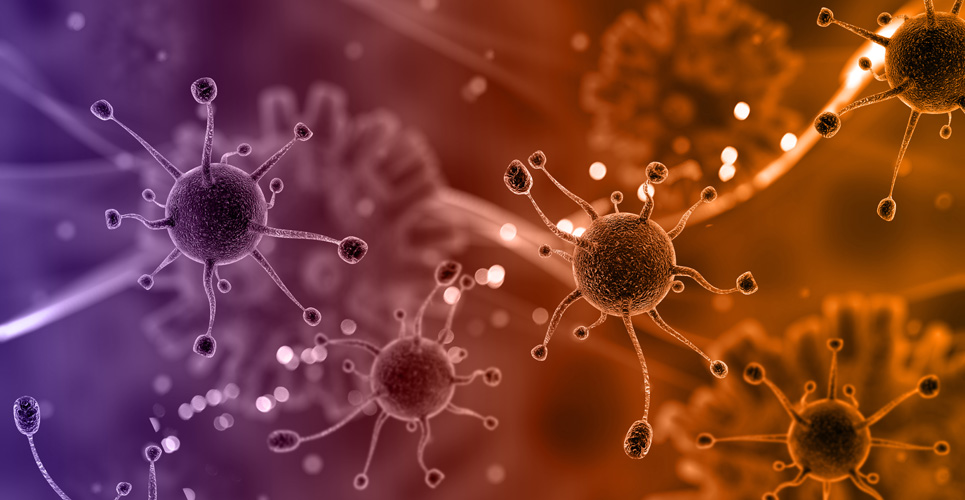teaser
New drugs need to be found to treat gonorrhoea as the sexually transmitted infection is showing signs of resistance to one of the two main treatments, experts have said.
The World Health Organisation (WHO) is examining plans to stop the bug resisting drugs at a meeting in Manila, amid fears that if new ways of treating the condition are not found it could become a “superbug”.
Gonorrhoea can lead to pelvic inflammatory disease, infertility and ectopic pregnancy if left untreated.
Most countries use antibiotics, either cefixime or ceftriaxone, to treat it, but there are signs of resistance – especially to cefixime – so alternatives are a high priority.
Catherine Ison, from the Health Protection Agency, said: “This is a very clever bacteria. If this problem isn’t addressed, there is a real possibility that gonorrhoea will become a very difficult infection to treat.”
There are at least 340 million new cases of curable sexually transmitted infections every year among 15 to 49-year-olds, including gonorrhoea, chlamydia, syphilis and trichomoniasis.
According to Ms Ison, a specialist on gonorrhoea, the worst areas for the infection globally are south and south-east Asia and sub-Saharan Africa.
Copyright Press Association 2010
World Health Organisation

